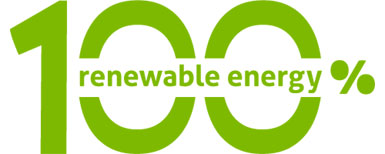WGLIHC testified to joint committee on utilities –
From the perspective of a provider of housing for extremely low-income people, the homeless, and people in need, this measure is common sense. We are part of a coalition- Worcester Green Low-Income Housing Coalition, which represents shelters, programs, and extremely low-income people, with roughly 600 people a year served across our ten agencies.
We have the second oldest housing stock in the nation, according to WCAC. The shelters and programs we represent have extremely large, and drafty old buildings. The agencies are diverting enormous resources towards utility bills. This problem is compounded by the fact that those of us who burn oil are hampered by the simple fact that the ancient dinosaur heating systems we utilize cannot be replaced through the Commonwealth’s current energy programs. The complexity of some of these old systems require a new effort to shift away from asbestos-lined dinosaurs, and into cutting edge efficient units.
One particular program comes to mind that houses 60 homeless women. Their antique heating system drains their operating budget, the dollars from which would be better used to save the lives of the homeless in our cold winters, in the nation’s “snowiest city” of Worcester. Another shelter estimates saving nearly $15,000 in heating oil costs if they could replace their system, which they currently cannot. This may not seem like a lot, but multiplied across the state, fifty or so shelters who burn oil would see significant savings, and these dollars could be re-purposed for additional housing, treatment and stabilization services.
In an age where foundation giving and private charitable dollars remain relatively flat, and with no new expansive housing programs expected, we must use creativity and our leadership role that you built as the most energy efficient state to push the boundaries for our low-income residents, and include new opportunities to reduce the drafty waste that blasts through the roof of the Commonwealth’s social safety net every winter. With skyrocketing energy rates approaching 39% this past winter, we need a new program that will help the shelters and programs and save them funds to be used for desperately needy people.



